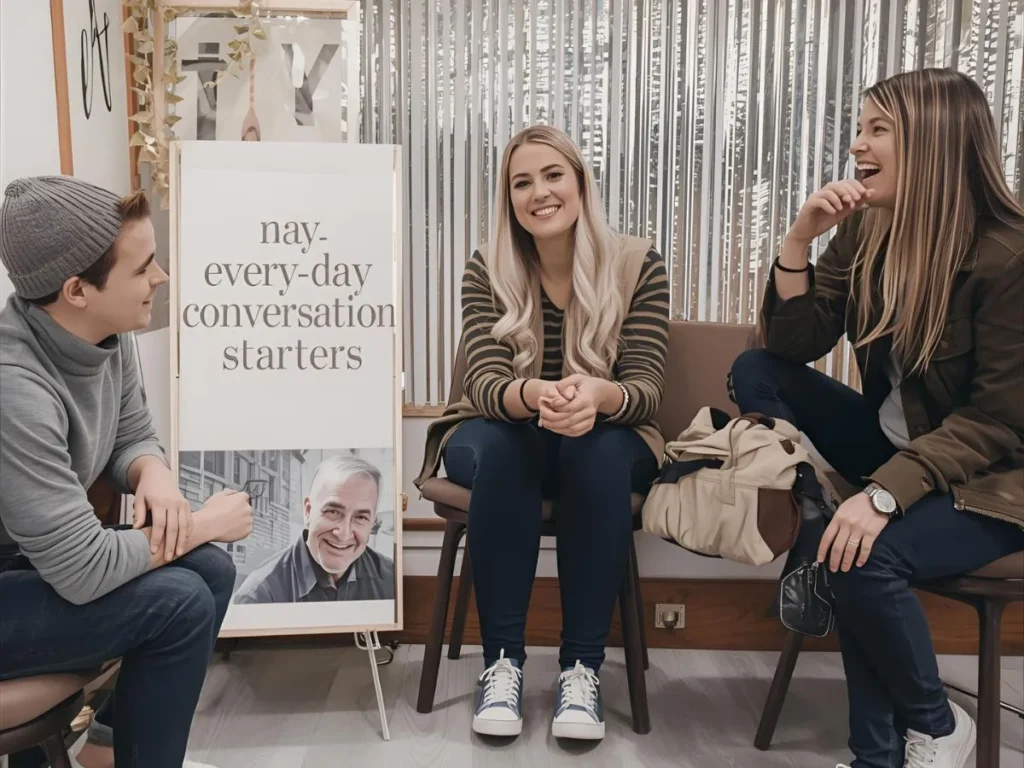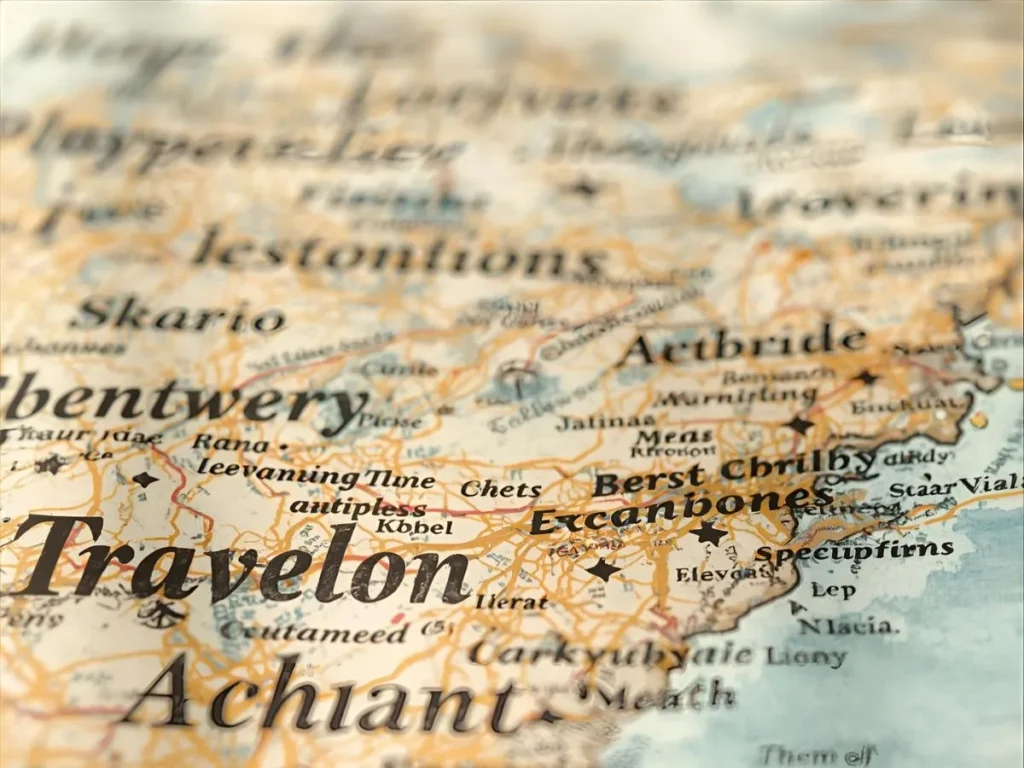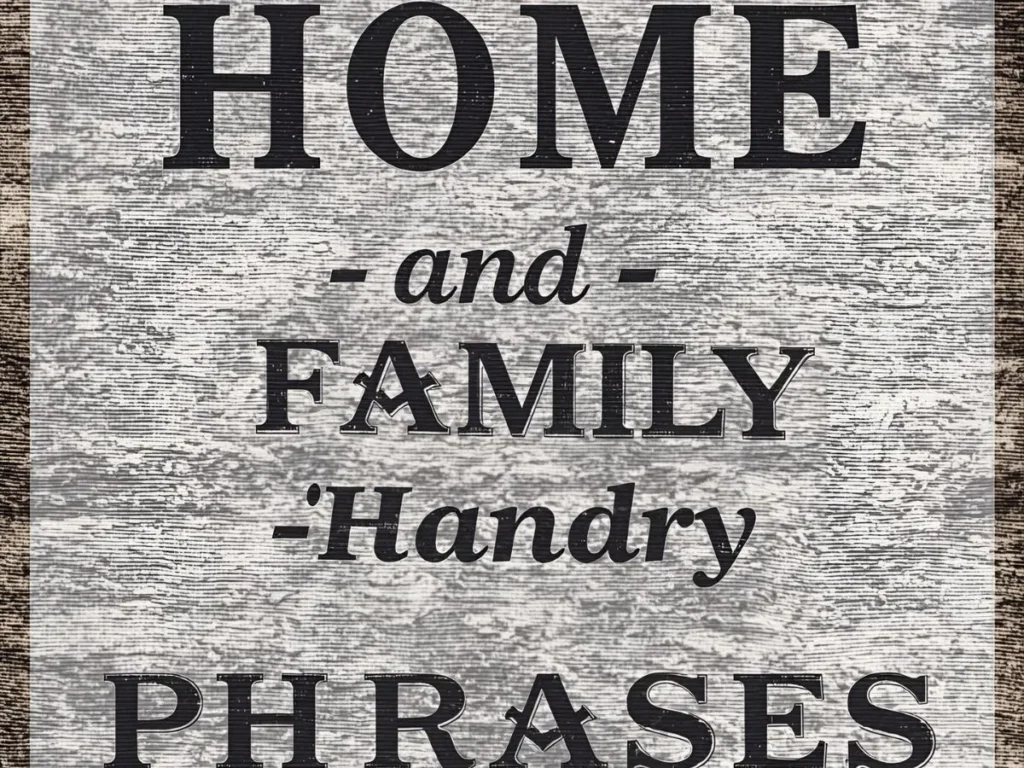Hey there! 👋 Are you just starting your journey of learning English? Don’t worry — you’re not alone! Whether you’re a student, traveler, or someone who simply wants to communicate better at work or online, learning a few basic English phrases can make a huge difference.
Think of these phrases as your first steps toward speaking confidently and naturally.
I know how it feels when you want to say something in English but can’t find the right words — it can be a bit frustrating, right? That’s exactly why this guide is made just for beginners like you.
Together, we’ll go through simple, useful phrases you can start using today in real-life situations — from greeting people to asking for help. By the end, you’ll be surprised at how much more confident you sound in English!
💬 Why English Phrases for Beginners Matter
When you start learning English, phrases are your best friends. Instead of memorizing individual words, learning full English phrases for beginners helps you speak naturally and understand conversations better.
For example, instead of learning just the word “hello,” you can learn:
- “Hello! How are you today?”
- “Nice to meet you!”
These ready-to-use lines make communication easier and faster.
Using common English phrases in daily life can help you:
- Build confidence when talking to others
- Understand native speakers more easily
- Handle real-life situations like ordering food, traveling, or greeting new people
So, let’s explore useful English phrases for beginners grouped by everyday situations.
👋 Basic Greetings and Polite Phrases

Learning how to greet and be polite is the first step toward great communication.
Hello / Hi / Hey
Explanation: The most common and friendly ways to start a conversation.
Use When: Meeting someone for the first time or starting a chat.
Example: “Hi, how are you?”
Nice to meet you
Explanation: Shows politeness when you meet someone new.
Use When: Meeting someone face-to-face or online for the first time.
Example: “Nice to meet you! I’ve heard a lot about you.”
Thank you / Thanks a lot
Explanation: Expresses gratitude in any situation.
Use When: Someone helps you or gives you something.
Example: “Thanks a lot for your help!”
You’re welcome
Explanation: A polite response when someone thanks you.
Use When: Replying to “thank you.”
Example: “You’re welcome! Happy to help.”
Good morning / Good afternoon / Good evening
Explanation: Time-based greetings to show respect and friendliness.
Use When: Greeting someone depending on the time of day.
Example: “Good evening! How was your day?”
☕ Everyday Conversation Starters

Starting small talk can be fun and easy with these English phrases for beginners.
How’s it going?
Explanation: A friendly way to ask how someone is doing.
Use When: Talking to friends or coworkers casually.
Example: “Hey, how’s it going?”
What’s up?
Explanation: Informal greeting, often used with friends.
Use When: Talking casually.
Example: “What’s up, John?”
How was your day?
Explanation: A nice way to show interest in someone’s day.
Use When: Talking to friends or family.
Example: “How was your day at work?”
Long time no see!
Explanation: Used when you meet someone after a long time.
Use When: Greeting an old friend.
Example: “Hey! Long time no see!”
It’s nice weather today, isn’t it?
Explanation: A classic small-talk line about the weather.
Use When: Breaking the ice in any casual setting.
Example: “It’s nice weather today, isn’t it?”
🛒 Shopping and Money Phrases
Whether in a store or online, these phrases help you sound confident while shopping.
How much is this?
Explanation: The most common phrase for asking the price.
Use When: Buying something in a store.
Example: “How much is this shirt?”
Can I pay by card?
Explanation: Helps you ask about payment options.
Use When: Paying for something.
Example: “Can I pay by card, or is it cash only?”
Do you have this in a different size?
Explanation: Useful when the item doesn’t fit.
Use When: Shopping for clothes.
Example: “Do you have this in a medium size?”
I’m just looking, thank you.
Explanation: Polite way to say you’re browsing.
Use When: A shop assistant offers help.
Example: “I’m just looking, thank you.”
Can I get a discount?
Explanation: Used when negotiating or asking for a lower price.
Use When: At local markets or sales.
Example: “Can I get a discount if I buy two?”
🍽️ Eating Out and Food Phrases
These phrases make restaurant experiences smoother and friendlier.
Can I see the menu, please?
Explanation: Ask politely for the menu.
Use When: Sitting down in a restaurant.
Example: “Can I see the menu, please?”
I’d like to order…
Explanation: Used to tell the waiter what you want.
Use When: Ordering food.
Example: “I’d like to order a cheeseburger and fries.”
Can I have some water, please?
Explanation: A polite way to request water.
Use When: Asking for a drink.
Example: “Can I have some water, please?”
The food is delicious!
Explanation: Complimenting the meal shows good manners.
Use When: After eating.
Example: “The food is delicious! Thank you.”
Could I have the bill, please?
Explanation: Asking for the check politely.
Use When: Finishing your meal.
Example: “Could I have the bill, please?”
✈️ Travel and Directions Phrases

Traveling becomes easier with these English phrases for beginners.
Where is the nearest bus stop?
Explanation: Ask for directions.
Use When: Looking for transport.
Example: “Excuse me, where is the nearest bus stop?”
How do I get to the airport?
Explanation: Ask for travel guidance.
Use When: Needing help with directions.
Example: “How do I get to the airport from here?”
I’d like a ticket to…
Explanation: For buying tickets.
Use When: Traveling by bus, train, or plane.
Example: “I’d like a ticket to London, please.”
Is there a hotel nearby?
Explanation: Ask for accommodation.
Use When: Looking for a place to stay.
Example: “Is there a hotel nearby?”
How long does it take to get there?
Explanation: Ask about travel time.
Use When: Estimating distance.
Example: “How long does it take to get to the city center?”
📱 Asking for Help or Information
Sometimes you need a little assistance — these phrases will help you ask politely.
Excuse me, can you help me?
Explanation: A polite way to ask for help.
Use When: Talking to strangers or staff.
Example: “Excuse me, can you help me find the station?”
Can you repeat that, please?
Explanation: Use this if you didn’t hear something clearly.
Use When: Asking someone to repeat.
Example: “Can you repeat that, please?”
How do you say this in English?
Explanation: Helps you learn new words.
Use When: Asking for vocabulary help.
Example: “How do you say this in English?”
I don’t understand
Explanation: Use this if you’re confused.
Use When: During conversation or class.
Example: “I’m sorry, I don’t understand.”
Can you show me?
Explanation: Ask for visual help.
Use When: When words aren’t clear enough.
Example: “Can you show me where it is?”
🏠 Home and Family Phrases

Use these in friendly, everyday situations at home or with loved ones.
How are you feeling today?
Explanation: Shows care and connection.
Use When: Talking to family.
Example: “How are you feeling today, Mom?”
Dinner is ready!
Explanation: Common household phrase.
Use When: Calling family to eat.
Example: “Dinner is ready, everyone!”
Let’s watch a movie
Explanation: Fun phrase to suggest relaxing time.
Use When: Inviting someone to join you.
Example: “Let’s watch a movie tonight.”
Good night / Sleep well
Explanation: A kind way to end the day.
Use When: Before going to bed.
Example: “Good night! Sleep well.”
Can you help me, please?
Explanation: Common request in daily life.
Use When: Asking family for help.
Example: “Can you help me clean the kitchen?”
💼 Work and Study Phrases
Great for students or beginners in an English-speaking workplace.
I have a question
Explanation: Shows curiosity and engagement.
Use When: In class or meetings.
Example: “Excuse me, I have a question.”
Can you explain that again?
Explanation: Ask for clarification.
Use When: Learning something new.
Example: “Can you explain that again, please?”
I’m working on it
Explanation: Let others know you’re handling a task.
Use When: At work or school.
Example: “I’m working on it now.”
I’ll do it later
Explanation: Common response for delaying a task.
Use When: Scheduling or planning.
Example: “I’ll do it later this afternoon.”
🧠 5. That’s a great idea!
Explanation: Encourages teamwork and positivity.
Use When: Agreeing with a suggestion.
Example: “That’s a great idea! Let’s try it.”
📋 Bonus Recap Table
| Category | Example Phrase | When to Use It | Example Sentence |
|---|---|---|---|
| Greetings | Nice to meet you | Meeting someone | “Nice to meet you!” |
| Small Talk | How’s it going? | Starting a chat | “Hey, how’s it going?” |
| Shopping | How much is this? | Asking price | “How much is this dress?” |
| Food | I’d like to order… | Ordering food | “I’d like to order pasta.” |
| Travel | Where is the bus stop? | Asking directions | “Where is the nearest bus stop?” |
| Help | Can you repeat that? | Didn’t hear clearly | “Can you repeat that, please?” |
| Family | Dinner is ready! | At home | “Dinner is ready, everyone!” |
| Work | That’s a great idea! | Agreeing | “That’s a great idea!” |
✅ Final Thoughts
Learning English phrases for beginners doesn’t have to be hard. Focus on short, useful sentences that you can use daily. Practice speaking out loud, listen to others, and repeat these phrases in real conversations.
The more you use them, the more confident you’ll become. Remember — every big English speaker started as a beginner, just like you! Keep practicing, stay positive, and soon, speaking English will feel natural and fun. 🌟


Leave a Reply